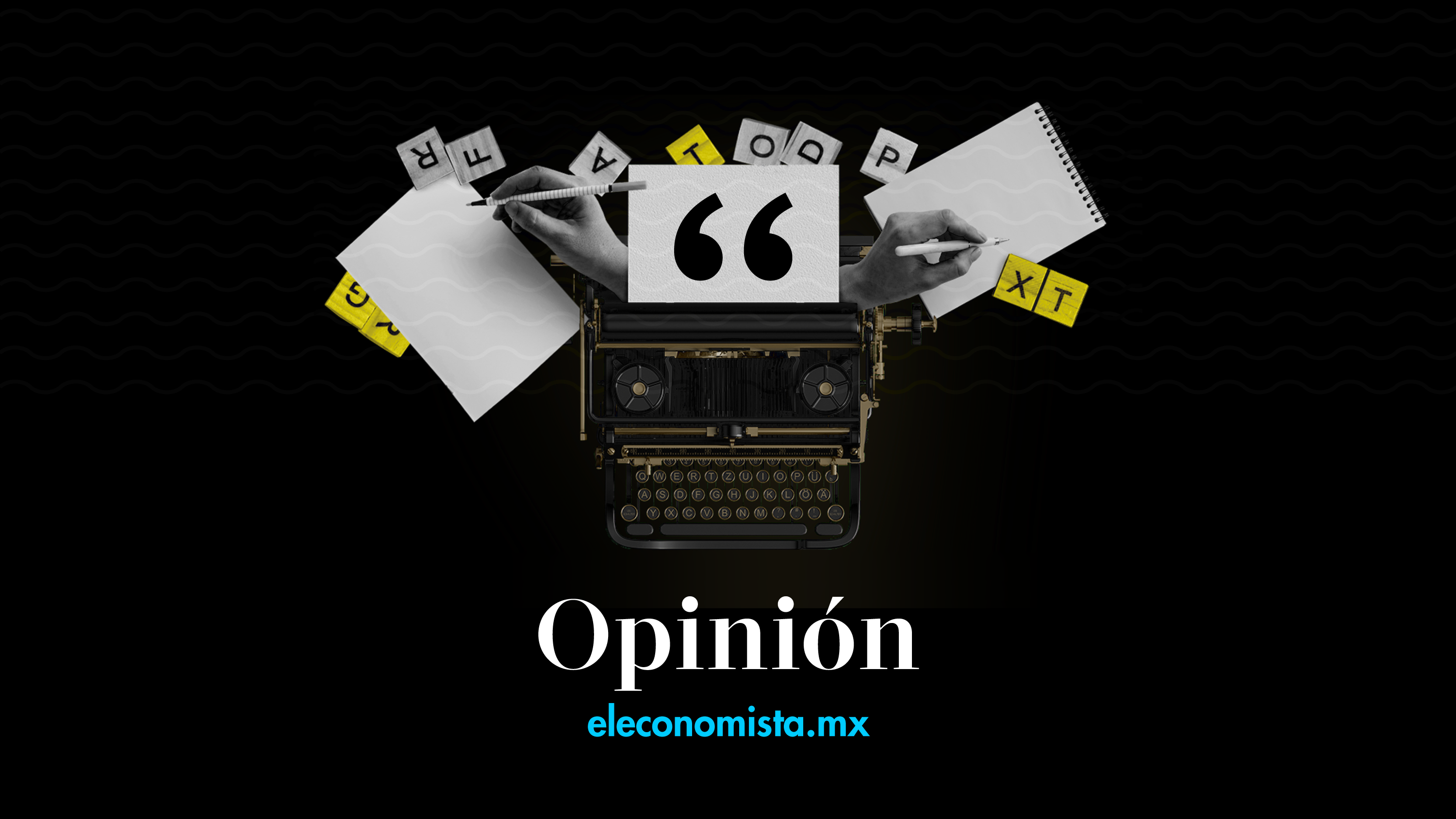Perhaps we would not be exaggerating if we said that the benefits of reading had the greatest number of inspiring quotes in human history. Almost everyone talked about the greatness and importance of reading since the ancient past, passing through Al-Mutanabbi when he said that “the best companion in time is a book,” all the way to the moment of writing these words. But in the meantime we’ve made one major mistake, which can be summed up in what Oscar Wilde once said: “If you don’t enjoy reading the same book more than once, you don’t need to start reading it.” With books to the point that I don’t care about writing them.”
Because of quotes like these, thick as rain on cold winter nights, some imagine that when we read we are supposed to feel that pleasure that we see in chocolate ads, or that someone experiences in an imagined moment in a tropical forest enjoying a mango drink while holding a book in her hands, but That is simply not true.
When you try to read a book on existential philosophy for example, even if it is a very short introduction for beginners, or another on quantum mechanics, relativity, or the sociology of gender, of course, you will not feel that pleasure, and perhaps even tired after the first few pages, and it begins Boredom seeps into your depths little by little, and perhaps after the end of the first chapter you decide to withdraw a little and browse your mobile phone, then forget the book completely after a short period as if it was never by your side.
Now, what are you going to think? Exactly, you will think that you have nothing to do with reading, those who enjoy reading are, perhaps, a special class of people, perhaps they are smarter than us, those who flirt with reading as if its practice is like drinking cold juice on a summer day after a long working day. They secretly possess what enables them to do so. But the reality is that reading, and we especially mean non-fiction books here, is a difficult and exhausting process, but there are some effective tactics that can actually help you get through a difficult book, and get out of it with the greatest benefit.
speed reading myths
Let’s start with the myth of speed reading, which gets a lot of attention thanks to human development courses and books, and it generally claims that the faster you read the more you understand, but this is not true, and in fact, the more complex the subject of the book, you have to read carefully, and you may even need to backtrack a little in some Curves of the book for a better understanding.
Your reading speed does not improve with pictorial abilities, as some claim, but it only develops in three cases: the first is that you read in the same book more than once, and the second is that you read on the same topic for successive times, then you will get used to its terms and the fifth book, for example in the same field, is much easier With a clear difference from the first book, as for the third case, it is that you read the same writer more than once, here you will get used to his writing style, his philosophy, and the concepts that he often repeats.
In fact, re-reading is a skill that many people do not care about, as they think that if you do not understand the book from the first time, it means that you will never understand it, but repeated readings of the same book improve your level of understanding, Rene Descartes, for example, was suggesting that you read the same book Four times, the first is a general reading, and the second is during which you search for the writer’s arguments, and the third is trying to answer your questions such as: What did I not understand? And the fourth for the rest of your questions that you didn’t answer last time.
To improve your understanding of what you read more, you can do a simple trick, which is to bring one of your senses into the process, for example, you can read aloud. slow down his speed. Besides reading aloud, you can also use any of the other “active reading” tactics, a skill many college students use to understand their references, and of course, works in all kinds of books.
For example, you can write your notes on both sides of the book, or even in a small sticky paper that you put on the side of the page you are reading, you can also write your notes on an external sheet, assigned to each chapter, for example, notes include everything, starting from how you feel when reading a paragraph, your questions About it, whether interrogative or even critical (an important point we will talk about shortly), as well as summaries of what I understood.
Use colored pencils to mark the top of the sentences or lines that you deem important (not all of the lines), but at that point you might ask: What is important in the first place? Or, for example: How do I extract what is important from the book? Oftentimes, readers cannot sift through the key details within a chapter, here we need to define what we are looking for within the book.
Five Lenses for Book Sorting
At that point, you can learn an important method that the brilliant trio of Gerald Jones, Jeremy Hayward, and Dan Cardinal offer in their AQA AS Philosophy for high school students and college entrance exams in English schools. The method is called the “five lenses,” and the idea is simply that Each lens, in the following order, to examine the text of the book in order to achieve the best understanding of it.
First, the context lens: Who wrote this text? And why did he write it? And when did he write it? Searching for the context in which this text was written will help you understand many of its connotations. Go out to the Internet to find a definition for the author.
The second lens is the idiomatic lens: What words are used idiomatically? What do you mean? These conventions open a door to start a broader research, and represent the traffic road signs in any book. Stop and contemplate them for a while. The conventions are simply the most important thing in a scientific or philosophical book. It is like learning a new language, as you learn new words as you progress. Consider the conventions a stopping point and then go into cyberspace, and try to identify what those conventions mean. Google and YouTube are always best friends, YouTube in particular may serve the conventions point with short videos (the same is also done with the names of the characters, if the biography of Kant, for example, or Nils comes Bohr or Max Weber, etc., here you will need to know this character).
We now come to the third lens, which is the lens of concepts: What is the main idea that is repeated in this text? What does the author mean? What does that have to do with conventions? Now, through the first two lenses, you can get an idea of the topic.
As for the fourth lens, it is the lens of arguments: What is the argument that the topic presents? What is the writer trying to prove? And in what way? Look for commas with words such as “for this reason,” “conclude that,” “based on the foregoing,” etc. Try to extract the argument that the topic builds in successive relationships (since, then, from here we can say).
Finally there is the lens of structure: How can this topic, chapter, chapter title, or content of this set of pages be broken down into a set of passages written your way? Each of these passages will include an idea, number them in the simple way 1, 2, 3, 4, etc., give a short title to each.
Here, you have been able to make a complete summary of your topic, and you can expand this type of division to use mind maps, which is a simple idea that means that you organize what you wrote from points in a tree form, starting from one idea, or perhaps a name, a convention or a concept, To branch out to other points related to that idea, and thus the branching continues. This idea is very suitable for setting a general picture of the book, and for arranging events and characters (family trees and relationships in novels or historical books). To arrange the events chronologically if the book contains a historical aspect, here you can use a simple scheme similar to metro stations, with each station having a date and an event.
Feynman method
Well, at that point, let us clarify an important idea that concerns many, it is natural for you to forget the information you read in a book, in fact, the goal of reading is not memorization, but rather to realize the meaning that the writer wants to convey to you, the idea, for example, is not to memorize the names of stars and distances between you and the galaxies, but you realize something more about how vast this wonderful cosmic garden is compared to your little planet, and so on.
As for memorizing information, names and dates, do not worry, this will happen, but it will be the result of successive readings on the same subject, so that a name or a term such as “Schwarzschild radius” or “Chandrasekhar limit” or “logical positivism” or “new empiricism” remains a natural thing going on on Your tongue after you see it on more than one time, topic and place, or when you are discussing with someone, your entry into more readings on the same topic makes remembering an obvious matter.
In the end, you have to realize that there is a difference between remembering something and explaining it to someone, which is the same difference between information and learning, the goal is to learn, not to remember information, and at that point we recommend to you the so-called “Feynman method”, and many readers use it about The world, and it means to test your understanding and learning of a chapter by trying to summarize it in a picture that can be explained to yourself or to your colleague or friend, then actually explain it to him, here there will appear gaps in your explanation and points that you could not communicate well, go back to the book and try to digest those points and fill those gaps Then explain it to him again, and so on.
In fact, the writer of the report sometimes applies this technique directly through blogging on the Facebook platform, and indeed it is a successful technique, not only because it helps you remember or understand, but also improves your understanding of the material in which you read.
Being serious about what you love
Add to this another important point, which is that some may actually start with a heavy book that is higher than their level, for example, some may try to start in cosmology with Stephen Hawking’s book “The Universe in a Walnut Shell.” The book is indeed simplified and presented to the public, but even this book may be heavy At your level because of the many conventions and the complexity of some of them, here you will find no objection to lowering your reading level a little, even the elementary and middle school curricula, or simplified videos on YouTube, or a simple Wikipedia file, etc.
The book means knowledge, and knowledge has many sources, not just books. In fact, books are only one point in a large network of ways of knowledge, including articles, documentaries, lectures and courses, and diversifying the sources will benefit you greatly. Some materials are easier and better in documentaries such as simplified history, you can Consider the “Apocalypse: World War II” series, for example! Some subjects are better understood in courses and lectures, for example chemistry is more interesting in lectures, especially those that present experiments.
It helps to make it easier to read as well as to discuss with someone about the book you are currently working on, and this is achieved by joining groups on Facebook, or any other social media, with fans of the same domain as you, these discussions not only improve your understanding, but also raise From your enthusiasm to complete the book, and make you feel more familiar with what you love to read about.
After all of the above, the last important technique in reading remains to criticize the book freely. You will certainly object to one or two or more points in every book you pass by. The right thing in this case is to follow a simple plan, first start by deferring the judgment on the whole book and wait until You finish it and fully understand the writer’s point of view, write down your observations about the objections as mentioned above.
At the end of the book, you must differentiate between opinion and information. You must also – if you differ with the writer – explain the reason for this to yourself, for example: What is the wrong information he talked about? What is missing from his analysis? What are the illogical manifestations of what he presents? Otherwise, your objection will be based primarily on an emotion that is only related to a previous bias.
Finally, let us clarify that seriousness is the evidence of the sincerity of love, we do not mean here relationships specifically, but being serious about learning physics is the evidence that you love physics, but otherwise it is something else that cannot be described as love, because love is not just a feeling of happiness in company Things and people, not something that works alone by inertia on the grounds that that is its nature, as the endings of old films taught us, but love – simply – is a project that can always be worked on and developed, every day.




